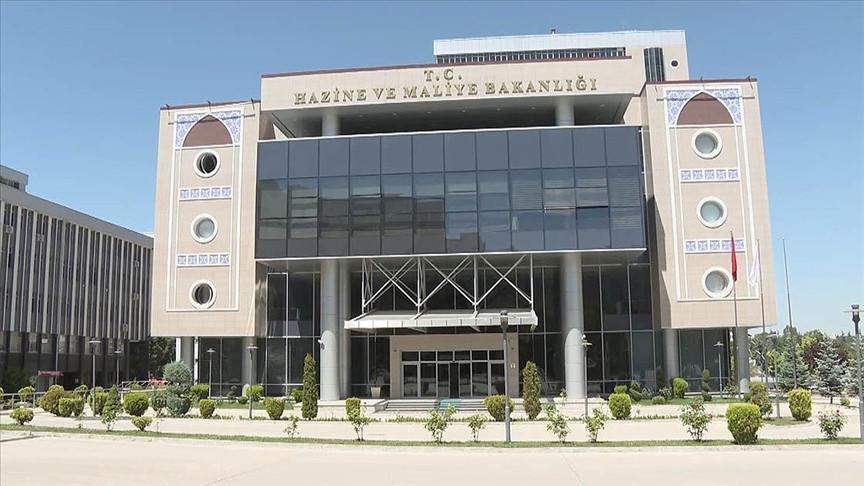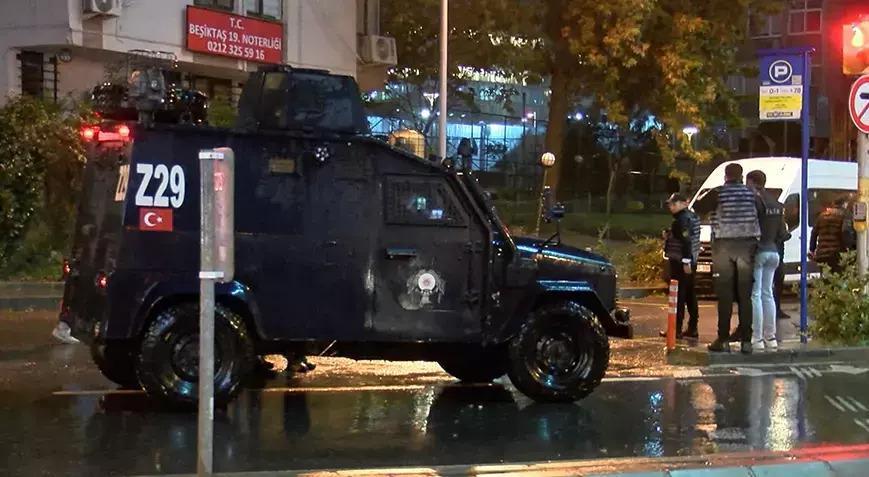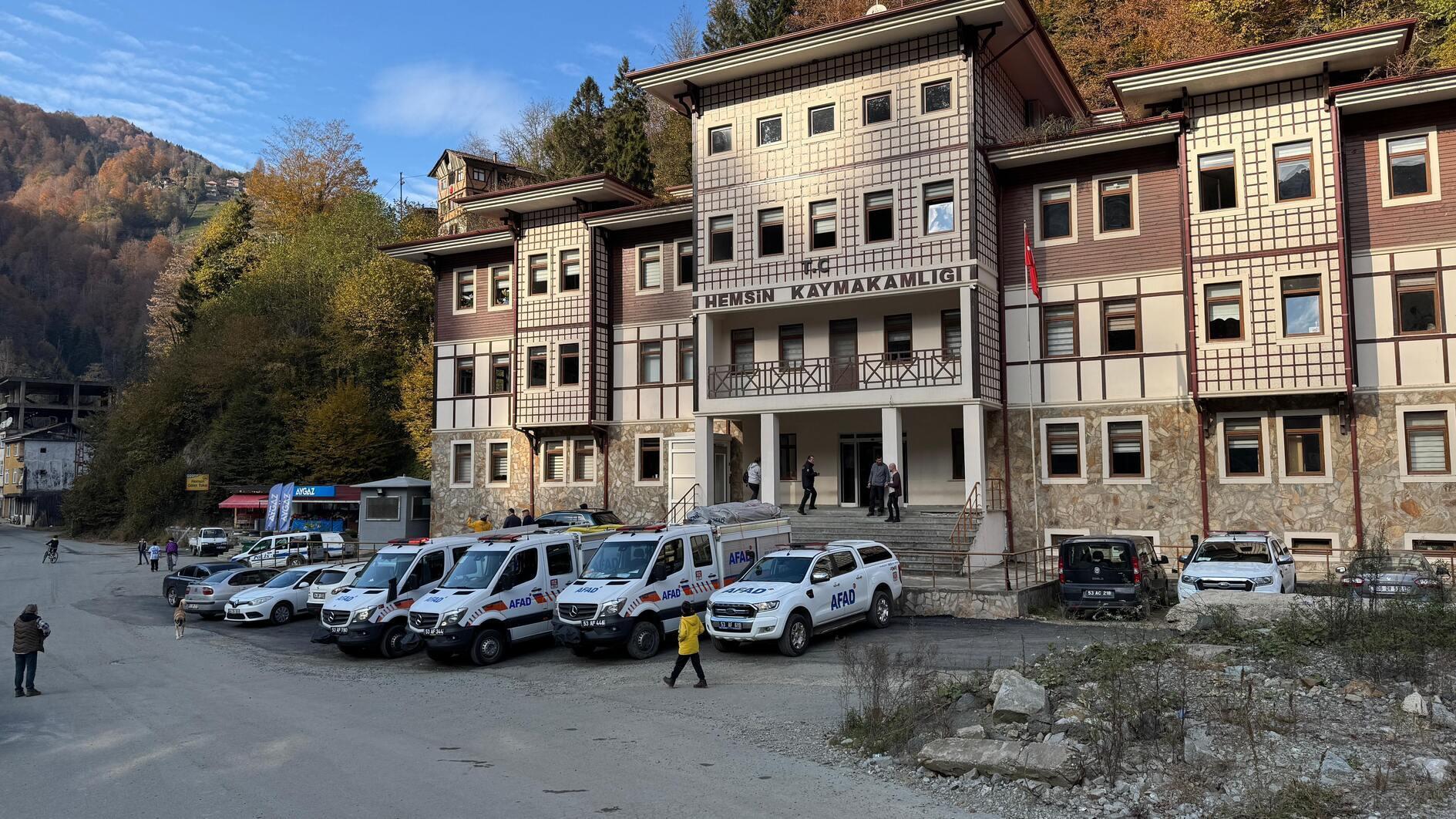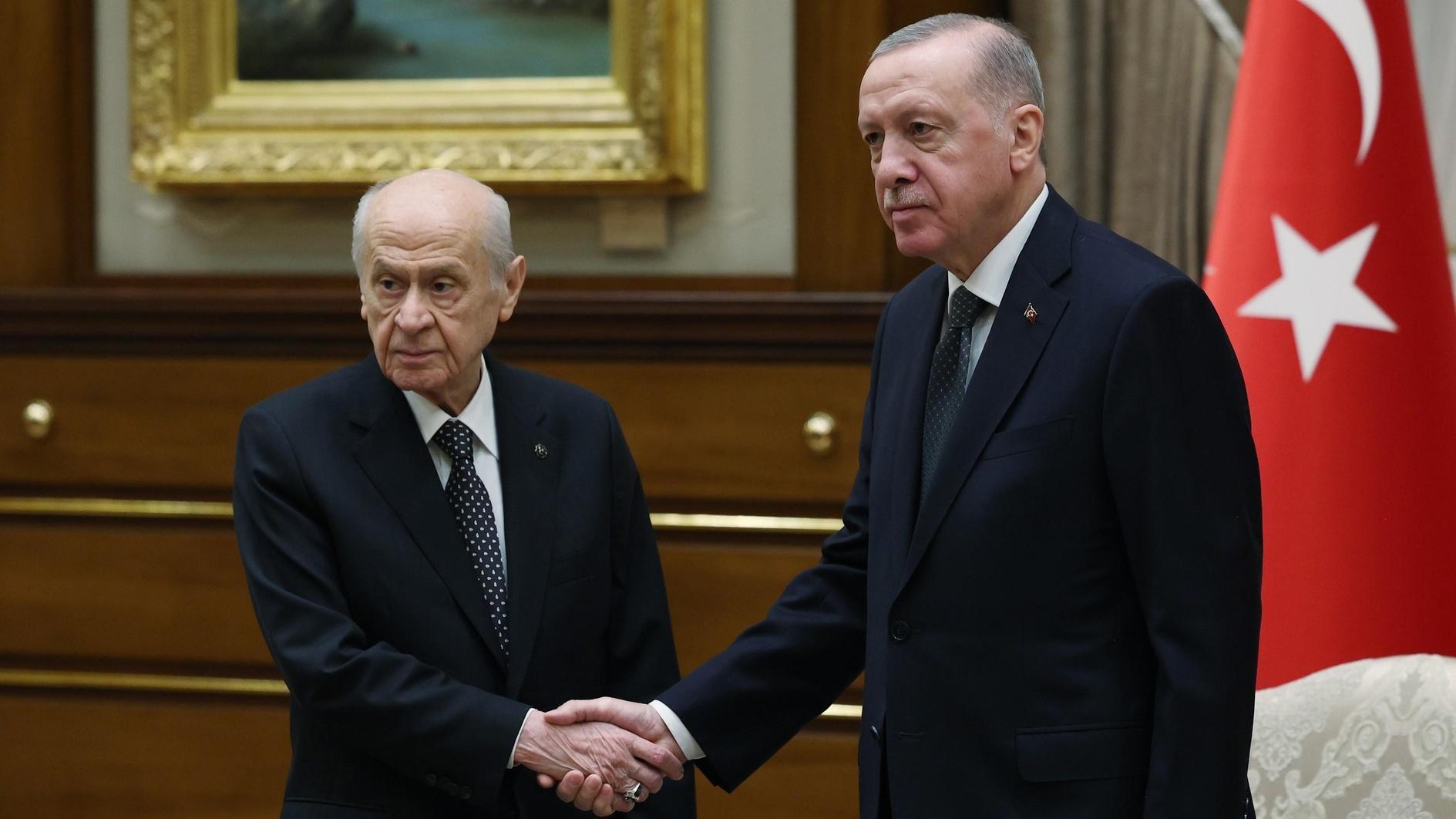NATO demands full OSCE access in eastern Ukraine
MONS- Agence France-Presse
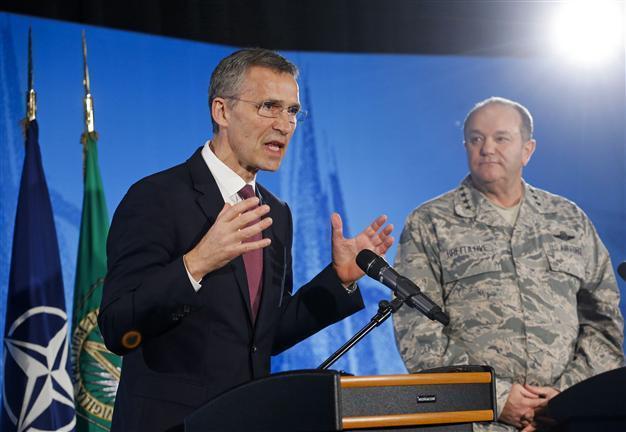
NATO Secretary General Jens Stoltenberg (L) and Supreme Allied Commander Europe General Phillip Breedlove hold a joint news conference at the Supreme Headquarters Of Allied Powers in Europe (SHAPE) in Mons March 11, 2015. REUTERS Photo
NATO demanded March 11 that the OSCE be given full access to verify the withdrawal of heavy weapons in eastern Ukraine and called again on Russia to end support for the separatists.The condition that both Ukraine and pro-Russian rebel forces pull back heavy weapons is a key element in a February 12 Minsk ceasefire accord brokered by France and Germany with Kyiv and Moscow which the OSCE is meant to monitor.
"We have seen some withdrawal but it is unclear what their destination is. It is important that this withdrawal of heavy weapons is verifiable," NATO head Jens Stoltenberg told a briefing alongside NATO Supreme Commander General Philip Breedlove.
"The key (issue) is that monitoring of the ceasefire is improved and therefore we have to increase support for the OSCE, to ensure they have freedom of movement," he said, adding that this was essential to full implementation of the Minsk accord.
Breedlove said NATO was uncertain of the numbers involved from the start, making it difficult now to determine what was really happening.
"It is hard to tell. The good news is that we have seen movement of heavy weapons and troops from near the line of contact but we cannot say where they have gone," he said.
Ukraine President Petro Poroshenko said Tuesday that both sides had withdrawn most of their heavy weapons from the frontline and that the ceasefire was largely holding, unlike a first Minsk accord signed in September.
Casualties continued however, with 64 soldiers killed since the truce came into effect on February 15, bringing to 1,549 the total killed since the war started in April 2014, he said.
The United States and its NATO allies accuse Russia of backing the pro-Moscow rebels in the east, sending troops and heavy equipment across the border it controls, not Kiev.
The Minsk accord however is meant to restore Ukrainian control of the border but this is far from the case now, both men said.
Asked about US comments that Russia had sent "thousands and thousands" of troops into Ukraine, Stoltenberg refused to be drawn on specific numbers.
"I will not go into specific numbers but I can say we have seen and continue to see strong Russian support for the rebels," he said.
"We call on Russia to withdraw all its forces from Ukraine. The main message today is that we do everything to implement the ceasefire."


